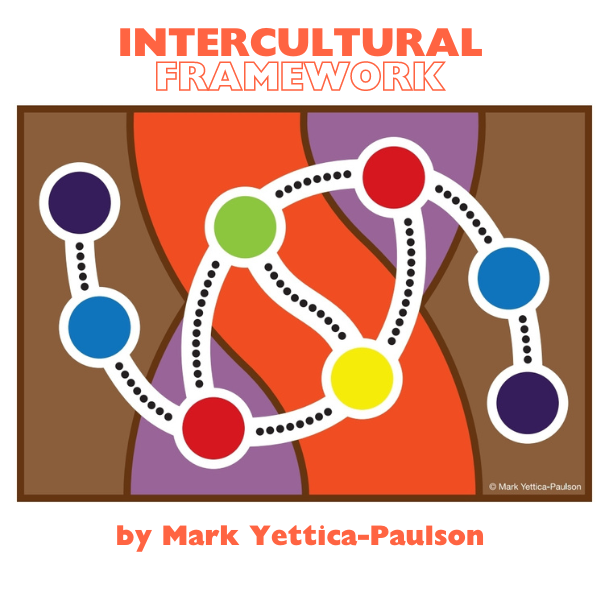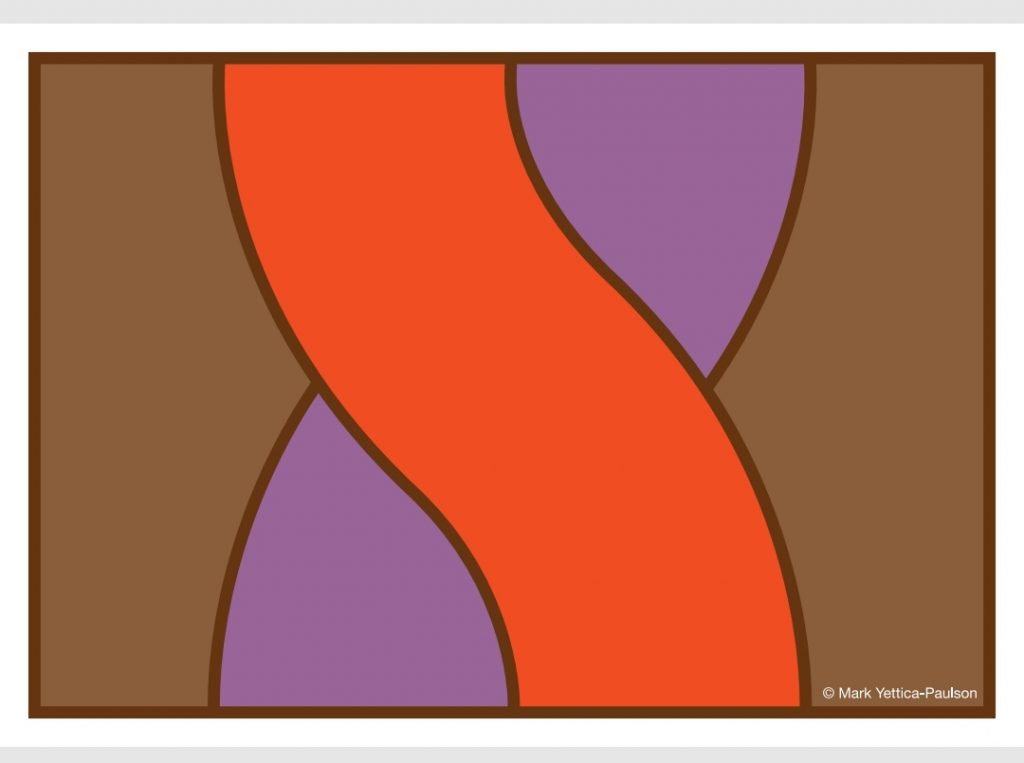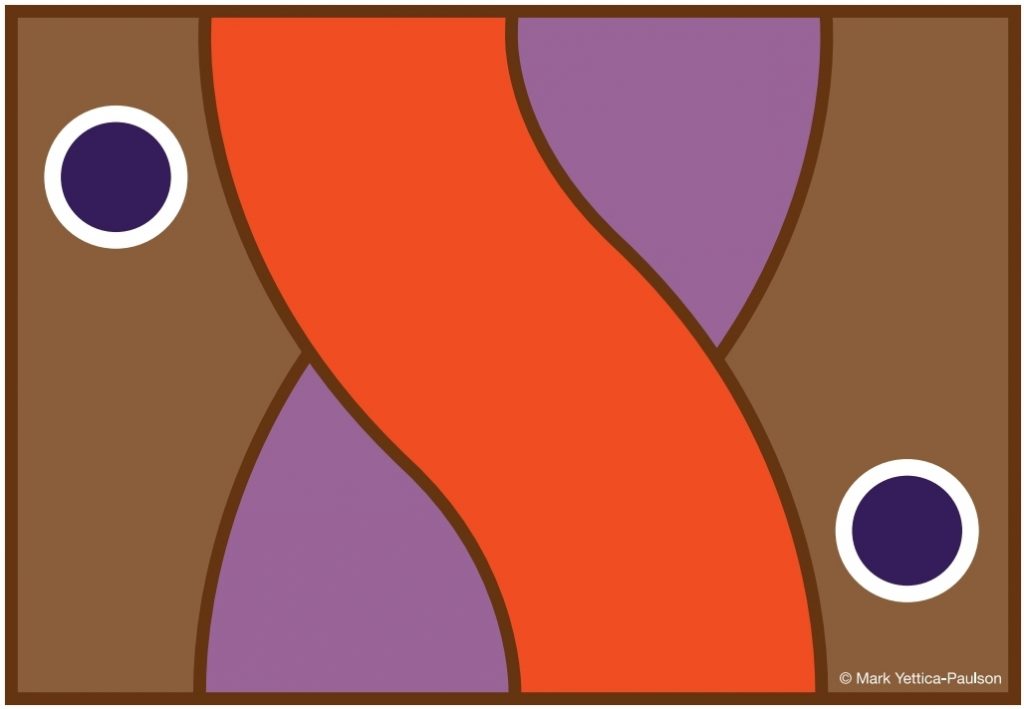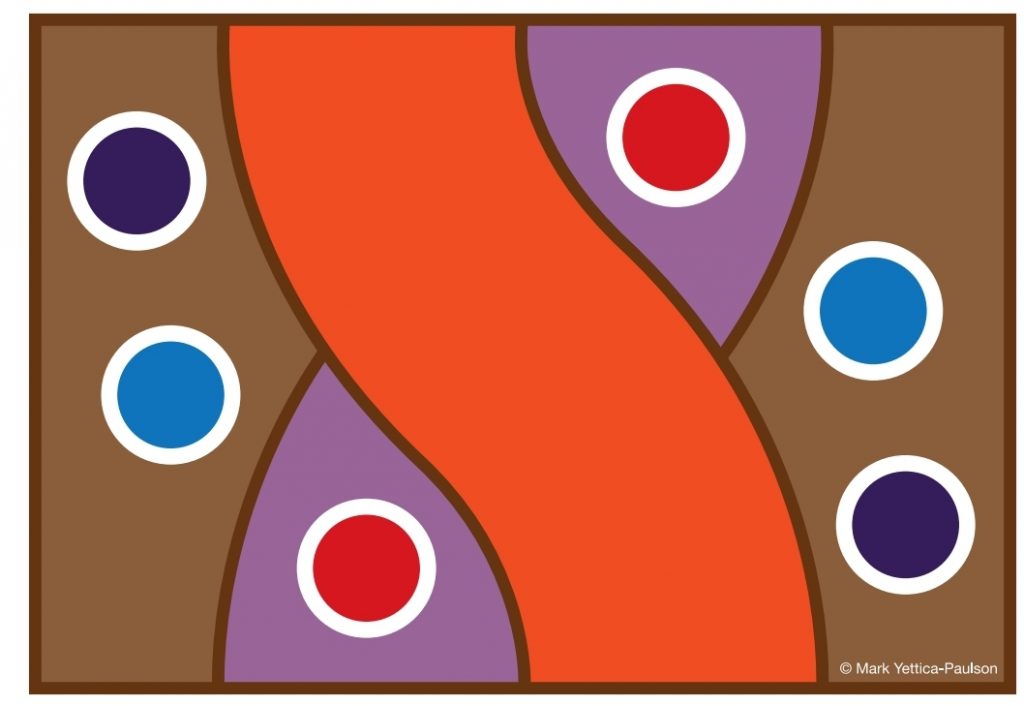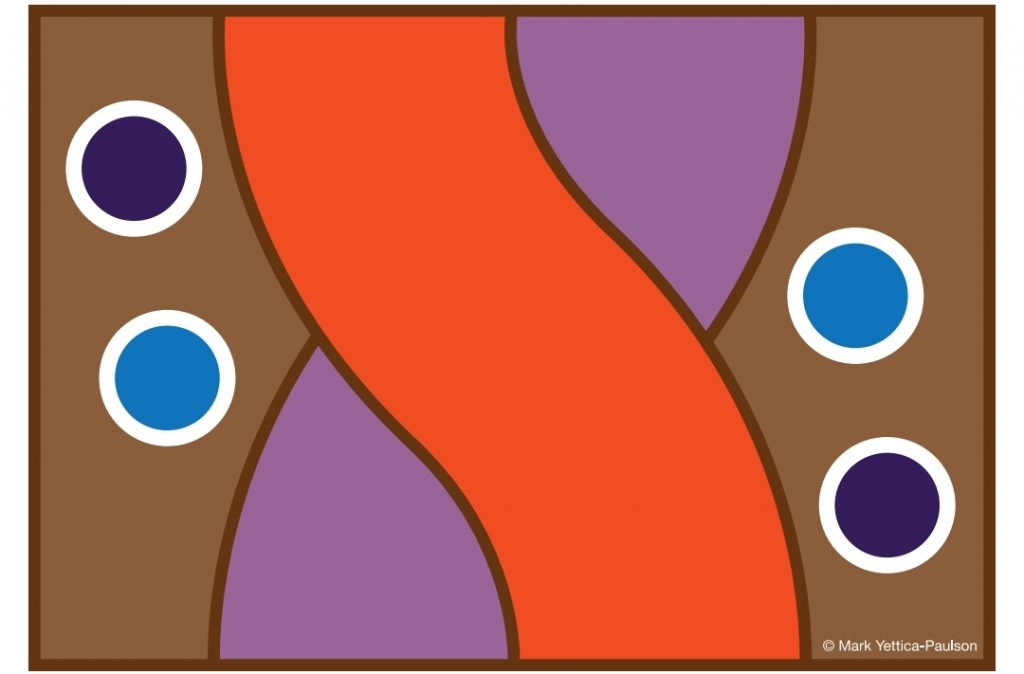Hi folks and welcome to my Friday Reflection for 6th September 2024.
Today I start my series on the Intercultural Framework with a focus on how context matters.
This week I was reminded of the importance of appreciating our context when we are seeking to live and work in the world. While this may not be ground-breaking news, the point that stood out to me this week was the intersection of context, awareness, and power.
We live in a context
Some of us see our context as strengthening, affirming, and enriching for our lives. We might express an appreciation of our context as empowering, privileged, and positively shaping our identity. Others of us may see our context as challenging, tough, and unsafe. We might express a resignation to our plight in the disempowering negativity of our context, or an extreme form of resilience to stand strong in defiance to our context.
We should become more aware of our living context to improve our understanding to work with others.
We live in a culture
I’ve often had my fellow Australians say to me that they have no culture. Once we work together to improve our understanding of the ways of knowing, being and doing in our context, we begin to see our cultures emerging to affirm our sense of identity and belonging.
We should learn more about our own living cultures, its history, and ways of knowing, being and doing. It will help us to appreciate our sense of identity and belonging. It also serves as an anchor, or foundation, for when we feel uncertain or at risk in our cultural identity.
Appreciating and understanding our cultures and contexts
The Intercultural Framework includes a component for appreciating and understanding our cultures and contexts. It is depicted in the background space as the Brown Land Space of living culture. In this Brown Land Space we can explore the intersections of context, awareness, and power.
The Intercultural Framework - Brown land space
For some of us in the Brown Land Space, we will be largely unaware of our cultural and contextual behaviour. One contributing factor to this lack of awareness will be the absence of threat to our ways of life. We can casually continue living our ways of knowing, being, and doing without feeling an existential threat.
For others of us in the Brown Land Space, we are acutely aware of our culture and context. One contributing factor is that we have been given direct instruction on cultural ways of knowing, being, and doing. Additionally, we might feel a constant sense of existential threat that drives the need to sustain cultural practices explicitly.
In the Brown Land Space of living culture we can discuss our awareness of power, culture, and context. It can allow us to improve our understanding of how we see ourselves, and how others might see us. This is a vital pre-condition to working across difference with others and helps us to know ourselves, be ourselves, and value ourselves.
Be encouraged and encourage others.
Mark Yettica-Pauslon

